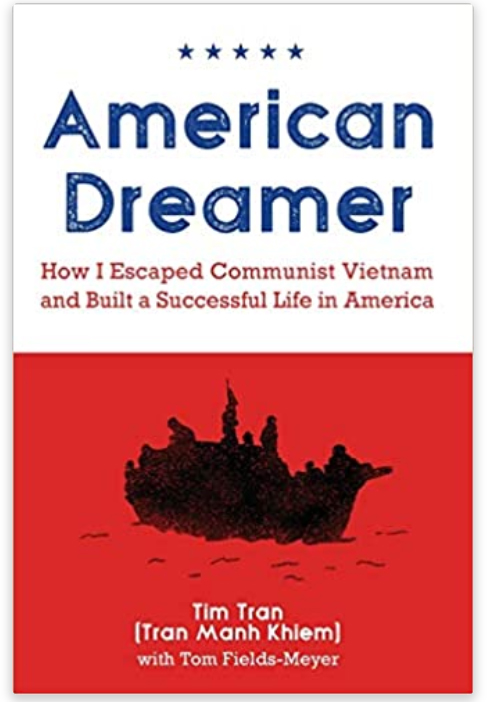
Joshua Reed is used to moving around since his dad became an Army recruiter and the Vietnam War broke out. Their latest home, in the mountains of Pennsylvania, feels special somehow and Josh's new dog, Jack, is like no other dog he has ever seen. But when a local boy is killed overseas, the town turns on the new army recruiter. And when a few late-night disturbances all point to Jack, it will be up to Josh to save his best friend.
Amazon.com
Joshua Reed is a military kid. His dad, Rich Reed, works as an Air Force recruiter during the Vietnam War, requiring the two to frequently move around the country (Joshua's mother is deceased). Their most recent move has them settling in to a small town in the mountains of Pennsylvania. While Rich does have a hired cook / housekeeper to help around the house while he's away, he's still concerned with his son being left alone too much, so he suggests to Josh that maybe they adopt a dog for protection as well as companionship.
Father and son take a tour of the local shelter, Rich being instantly drawn to a nice German Shepherd. Joshua's eyes, however, lock onto a unique looking dog with golden (almost to the point of glowing), slick fur. Feeling an immediate bond with this one, Joshua takes him home and names him Jack. Good thing too, since they come to find out they adopted "Jack" the day before he was scheduled to be euthanized!
Joshua's first attempt at building new friendships in this town is with the neighboring family, The Praters. Ray Prater is around Josh's age and they hit it off easily, but Josh quickly comes to find out that Alan, Ray's cousin, happens to be one of the biggest bullies in school.... and he has a crippling fear of dogs (revealed by Alan's adorable little sister, CeeCee).
Because it is a time of war, and an unpopular one at that, Rich, as a recruiter, feels extra pressure to appear likeable to his neighbors. He wants to avoid stirring up any unnecessary tension or disputes whenever possible and encourages son Josh to do the same. Josh tries his best for the most part, even going to extra efforts to try to befriend Alan. While Josh tries to build a good friendship with Ray, he feels obligated to extend all invites he gives Ray to Alan as well. Ray likewise feels obligated to cut Alan some slack from time to time because they are cousins, but he's absolutely fully aware of Alan's abrasive personality.
I stared after the crumpled figure of my father. What was happening to people? Why were they acting this way? It made me afraid of becoming an adult. They seemed so full of hate. I did not want to be a person like that....As I lay in bed that night, I imagined myself tracking down the people who threw rocks at my father. They said they didn't want war but then they opened fire on my dad. That sounded like war to me.
Though Josh really works at showing kindness to Alan, at least in the beginning of their acquaintance, it gets progressively more difficult, what with Alan taking everything Josh says or does as a potential challenge or argument. Tensions between them come to a head on the matter of Jack. When some mystery animal starts causing havoc to the personal property of several residents around town, Alan (*remember his dog phobia) takes the opportunity to place blame on Jack. Wanting answers and justice, Josh's neighbors are quick to jump on the hate-on-Jack bandwagon. Feeling the pressure to fit into his community, Rich warns Josh multiple times that "one more incident" and Jack is getting re-homed. But Josh suspects the real culprit is a coyote yet to be spotted. If he can catch the problematic critter on camera, hopefully all can be set to right once again.
There are some bonds that are sacred. Like the bonds between soldiers. Between families. Between Jack and me.
Only I could protect Jack. It came down to me. He was more loyal than any friend I'd ever had, and he trusted me. Prater, that policeman, even Dad --- they were all against Jack. But he was innocent and I knew it. I would capture that coyote on film and deliver the true enemy.
It's a mostly cute story about a boy and his dog, with some dramatic moments thrown in to keep the reader hooked. Will Jack get to stay with Joshua? Will Alan ever be able to mellow out his aggressive nature? The characterizations are really well done, the dialogue flows nice and natural, and there's just a touch of historical fiction element to the plot, with everything taking place during the Vietnam War era. Honestly, through most of the story I forgot about the time period, except for moments when Rich has some important talks about the short fuses of many during that time and how we're all just trying to figure it out the best we can, etc. As literary fathers go, Rich was a good, solid, respectable man just doing his best to take care of his son and instill good values in him during a tough time. There's also a nice humor to Joshua, and an impressively strong character, when you consider all he's had to shoulder at a young age!


 Log in with Facebook
Log in with Facebook 









